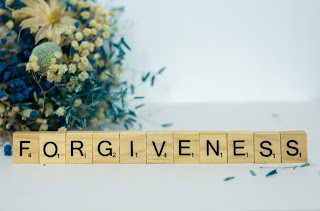Here are some interesting sites that I’ve found this week, thanks to my PLN. As a teacher, I feel we have to keep up to date concerning research in our field and current issues in the education system. I hope some of these inspire you, inform you, and even have you asking questions. Thank you for coming by and visiting!
Note: Each resource is labeled with a level and subject area to make it easier to use.
Levels: E: Elementary; M: Middle; H: High; G: General, all levels; SN: Special Needs; T: Teachers
Subject Areas: LA: Language Arts, English, Reading, Writing; M: Math; S: Science; Health; SS: Social Studies, Current Events; FA: Fine Arts; Music, Art, Drama; FL: Foreign Language; PE: Physical Ed; C: Career; A: All
Peep and the Big Wide World - “Celebrate curiosity and the joys of discovery! The PEEP science curriculum invites preschoolers to actively investigate their world by exploring water, sound, plants, color, shadows, and ramps (movement).” (L:E; SA:S)
Persuasion Map - “The Persuasion Map is an interactive graphic organizer that enables students to map out their arguments for a persuasive essay or debate. Students begin by determining their goal or thesis. They then identify three reasons to support their argument, and three facts or examples to validate each reason. The map graphic in the upper right-hand corner allows students to move around the map, instead of having to work in a linear fashion. The finished map can be saved, e-mailed, or printed.” (L:M,H; SA:LA)
CubeSat -” In the NASA game CubeSat Builder, build as many CubeSat spacecraft as possible in a NASA cleanroom before time runs out! Like a chef preparing food for hungry customers, build CubeSats for engineers according to the project blueprints they send in. Run around the clean room, test CubeSat parts, assemble CubeSats, and perform final tests before sending them off to the launch pad. Juggle the testing of parts while assembling more than one CubeSat at a time to build them faster!” (L:M,H; SA:S,M)
Flip - “Flip is a video discussion app, free from Microsoft, where curious minds connect in safe, small groups to share videos, build community, and learn together.” (L:T; SA:A)
Classroom Management Training - free training; “Learn how to end the disruptions & create a respectful learning environment.” (L:T; SA:A)
Original photo by Pat Hensley
























